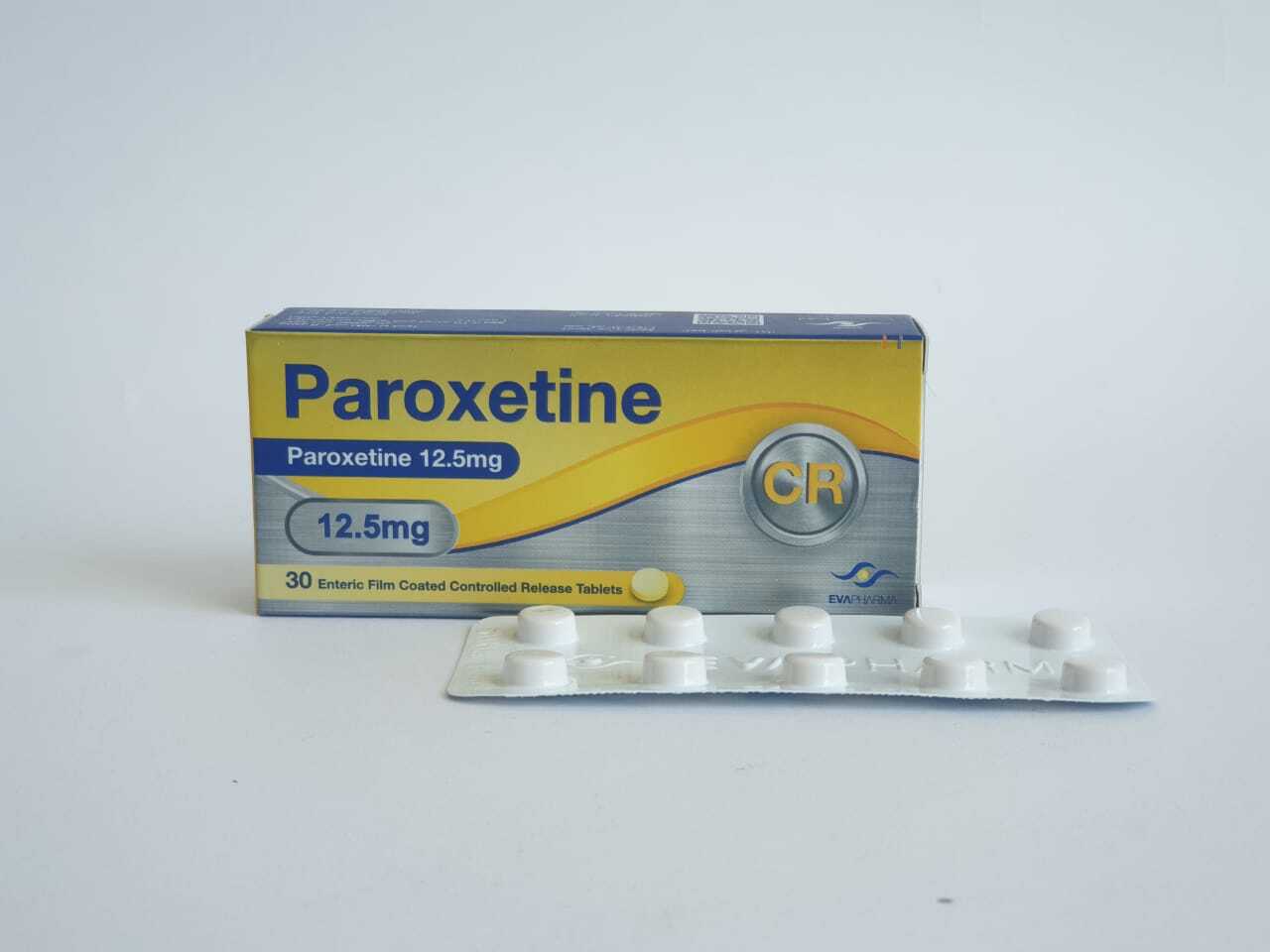
Paroxetine is a publicly prescribed medication used to treat different mental and health conditions. This article explains the specifics of paroxetine, its indications, dosages, side effects, and more.
What is Paroxetine?
Paroxetine is a selective serotonin reuptake inhibitor (SSRI). SSRI is a class of medications mostly prescribed to treat mental health disorders. It acts by shooting up the serotonin levels, a neurotransmitter that puts up mood regulation, in the brain.
Common Uses of Paroxetine
Paroxetine has various uses including:
- Depression:
It assists in upgrading mood and lessens feelings of sadness.
- Anxiety Disorders:
Paroxetine is used to treat generalized anxiety disorder (GAD), panic disorder, and social anxiety disorder.
It aids in bringing down compulsive behaviors and invasive thoughts.
- Post-Traumatic Stress Disorder (PTSD):
It eases symptoms of PTSD.
- Premenstrual Dysphoric Disorder (PMDD):
Paroxetine is prescribed to cure severe PMS symptoms.
Mechanism of Action of Paroxetine
Paroxetine performs by slowing down the reuptake of serotonin in the brain. By surging up the serotonin release, it aids in setting the mood, anxiety, and other related symptoms.
Dosage and Administration
The dosage of paroxetine depends on the status of the disease and patient factors. Often, it is taken OID, usually in the morning.
General Dosage Guidelines for different conditions
- Depression: Start with 20 mg/ day, gradually increasing to a maximum of 50 mg/day.
- Panic Disorder: 10 mg/day, which may be increased slowly.
- Social Anxiety Disorder: Start at 20 mg/day, potentially increasing to 40 mg /day likely.
It is necessary to follow the prescribing doctor’s advice and directions for dosing and not abruptly stop taking the medication, as this can cause withdrawal symptoms.
Side Effects of Paroxetine
Similar to all medications, paroxetine might cause side effects. Few of the common and less common side effects are:
Common Side Effects
- Nausea
- Drowsiness
- Dry Mouth
- Dizziness
- Loss of Appetite
Serious Side Effects
- Serotonin Syndrome: An infrequent but serious state results in agitation, hallucinations, and rapid heartbeat rate.
- Suicidal Thoughts: Increased risk of suicidal thoughts, especially in young adults.
- Sexual Dysfunction: The patient might suffer from reduced libido and erectile dysfunction.
Long-Term Side Effects
- Weight Gain: Few individuals can gain weight with long-term use.
- Sleep Disturbances: Problems in sleeping or vivid dreams.
Paroxetine in Special Populations
A specific group may need adjustments in the dose of paroxetine. For example:
In Pregnancy:
- Paroxetine may promote the chances of birth defects, especially during the first trimester. Consult with a health professional if you are pregnant or want to become pregnant.
In Older age Adults:
- Older people may be more reactive to the side effects, particularly dizziness and drowsiness.
Brand Names and Specifications
Paroxetine has numerous brand names.
| Brand Name | Formulation | Strengths | Indications |
| Paraxyl | Tablet | 10 mg, 20 mg, 30 mg, 40 mg | Depression, Anxiety, OCD |
| Paraxyl CR | Extended-Release Tablet | 12.5 mg, 25 mg, 37.5 mg | Panic Disorder, Social Anxiety |
| Brisdelle | Capsule | 7.5 mg | Hot Flashes (Menopause) |
| Seroxat | Tablet | 10 mg, 20 mg | Depression, OCD, Anxiety |
Paroxetine and Alcohol
Alcohol can alleviate the sedative effects of paroxetine, which surge up the side effects like dizziness and drowsiness. It is wise to limit alcohol intake or abstain from it while taking paroxetine.
What Happens in the Case of Overdose?
An overdose of paroxetine can be a hazard and needs instant medical help. Symptoms of overdose may include:
- Nausea and Vomiting
- Drowsiness
- Severe Dizziness or Fainting
- Rapid Heartbeat
- Seizures
If you doubt an overdose, contact emergency medical services as soon as possible. Treatment generally includes supportive care to manage symptoms and maintain normal serotonin levels.
How to Prevent Overdose:
- Always restrict to the prescribed dose.
- Store medication safely, away from the reach of children.
- Do not double dose if a particular dose is missed; wait for the next line-up dose.
Conclusion
Paroxetine is a worthwhile medication for treating various mental health disorders. Follow your doctor’s direction when using paroxetine to lessen and prevent the risk of side effects and overdose. Regular meetups and open communications with your doctor are crucial to managing any potential problems.




